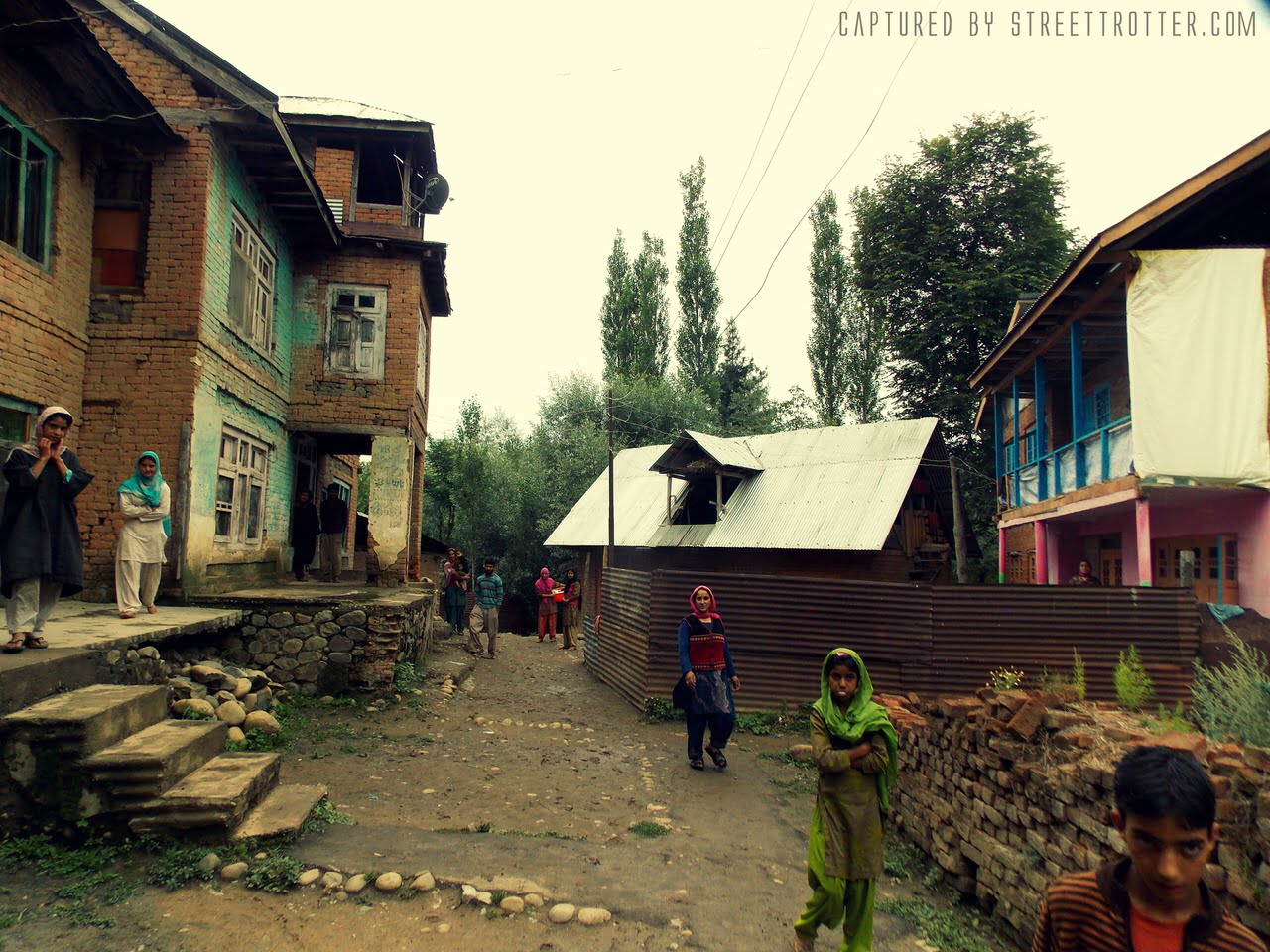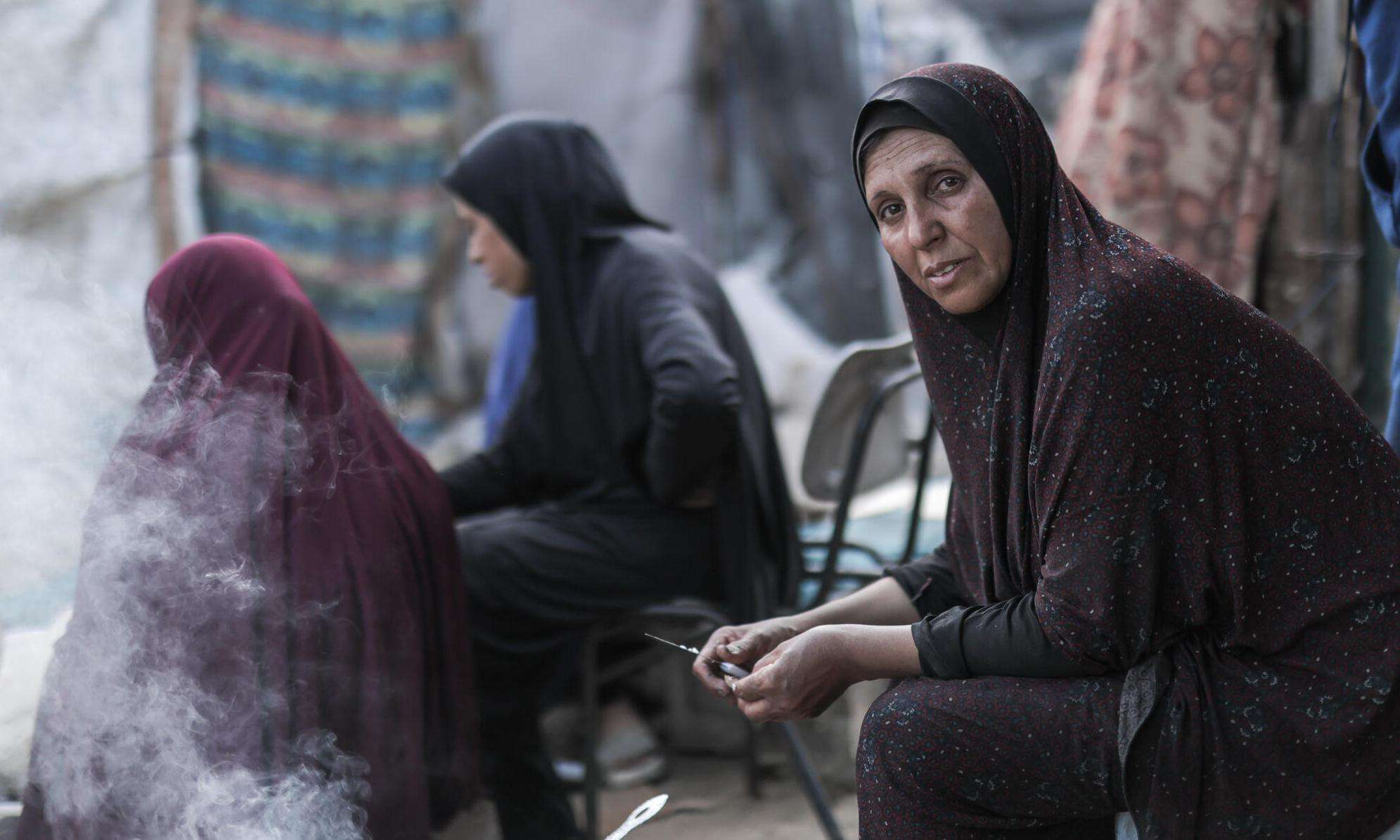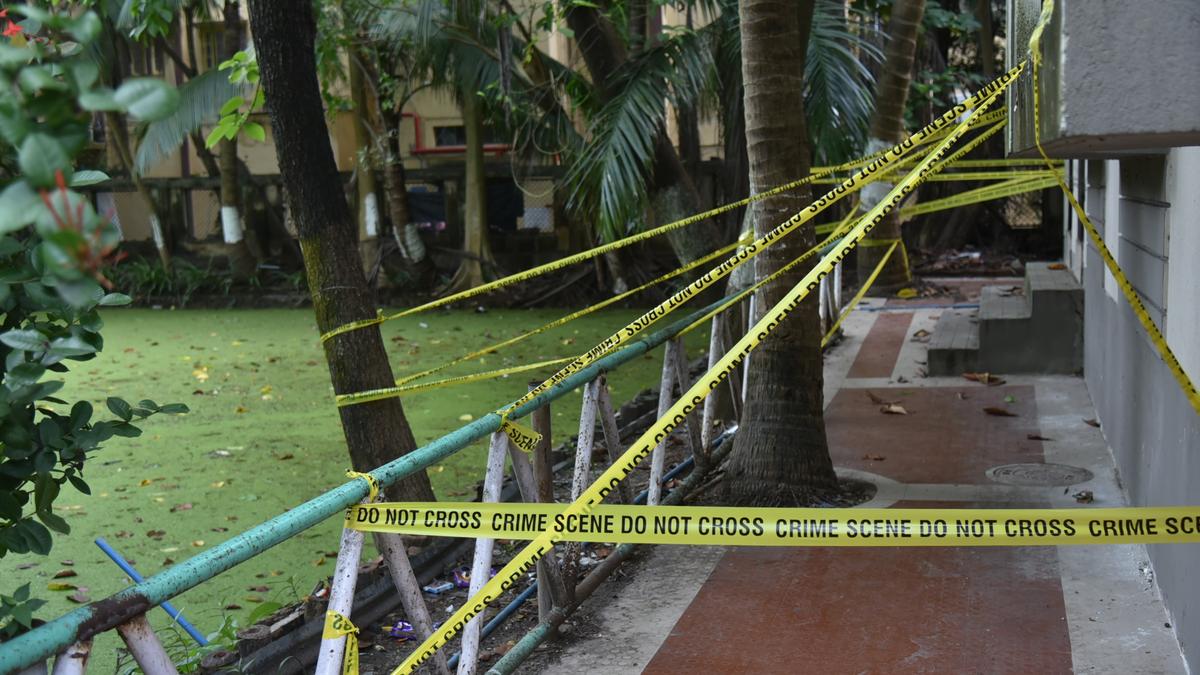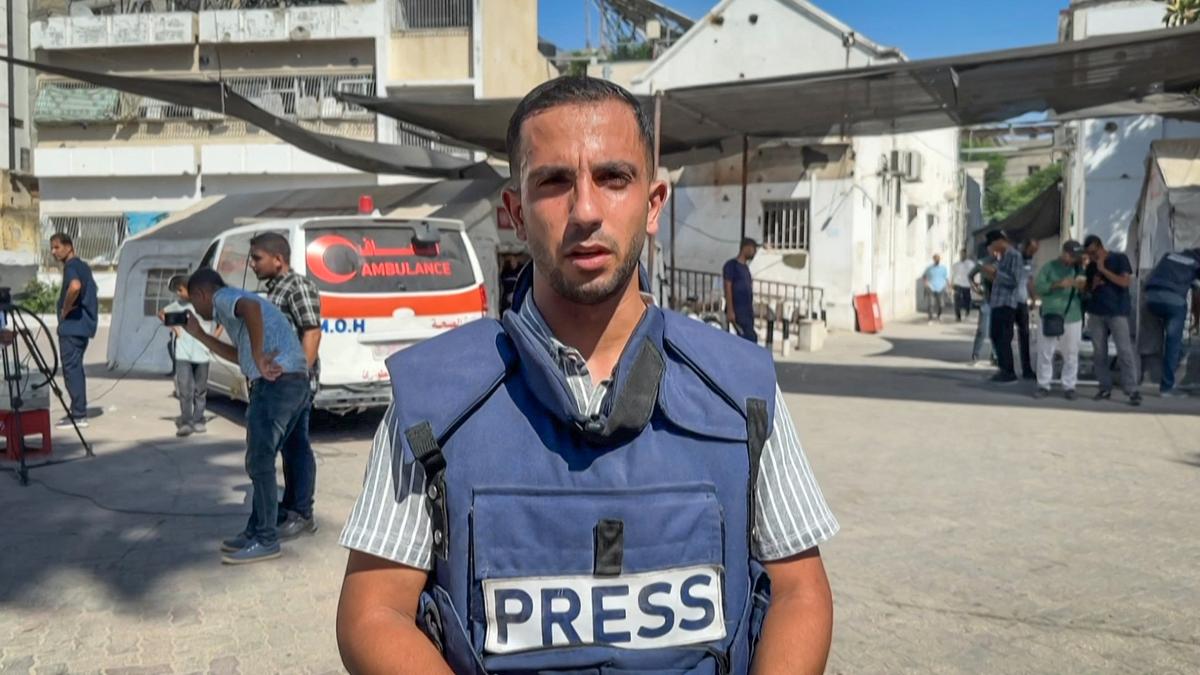Unlike many other parts of the country, Kashmir manages to live in the headlines for all bad reasons. The part of Kashmir that the non-residents see is through a narrow lens of media, which, for most times fixates on the conflict and chooses to remain oblivious to daily life here at large. So in any conversation with a non Kashmiri or a Kashmiri putting up outside the valley, a question often pops up. “How is life in Kashmir? How do manage to work in such tense situations?” “It goes on. We adapt,” is my usual response.
For the residents, the happenings here are so much a part of our daily routine that we fail to notice any incongruities. During my long travel to work everyday, I meet all sorts of people. Beyond the encounters and threats, the citizens have faced abuse, corruption, social evils and other atrocities that remain fresh in minds and but never in conversations around town. I meet those that fight over politics, those that discuss their broken family ties, career, money, property, corruption, jobs, love, religion and everything.
There are those that steal. There are those that show random acts of kindness. One such day, I sat next to a woman who was getting abused and cursed by her husband. He was taught a good lesson by other passengers as I slipped the helpline number of the State Women’s Commission to the woman.
For the residents, the happenings here are so much a part of our daily routine that we fail to notice any incongruities.
At work, the welcome is a greeting and news of an encounter killing N number of militants and N number of civilians. In the evenings, I return home to the shouting on TV and watch the debates which restrict the lives of the Kashmiris to certain limited issues and perspectives. It makes me forget about all the experiences of numerous people I hear during the day, making me feel that something crucial is happening in State-Centre relations.
During these discussions, Kashmiri men are reduced to binaries, their portrayals limited to either stone-pelters or IAS aspirants. The women; they are inconspicuous. They become visible only as mothers or sisters of slain men.
Also Read: What Is Killing Kashmiri Women And Why Aren’t We Talking About It?
Conflict sells. This principle is known to all those associated with the media industry. They use this principle but never acknowledge it. Conflict is too convoluted to be deciphered through a TV debate. While Indian media is telling its audiences that the State is fighting a righteous battle in Kashmir back here, it results in alienation and is likely to create a counter-narrative that will be demonic and one sided.
Conflict is too convoluted to be deciphered through a TV debate.
The truth of living in times driven by media is that these issues don’t exist if they are not visible in media. The coverage of Kashmir excludes crucial issues on crises in health-care, education, transportation and other domains of life. So no one from rest of India will know about how the failed health-care is compelling locals take desperate steps for treatment, how and why its killing Kashmiris unnaturally but they will know names of all MLAs who do nothing to address these problems but shout over others in television debates.
Reportage on other issues would bring to light the other aspects of life in Kashmir and humanize the citizens who are otherwise seen as insurgents.
No doubt the media dictates the binaries to its audiences but back home, if there is one conclusion I have reached, it is that it is not the media alone, people here to have a share in doing so. Media, being more visible, becomes a punching bag.
The lynching of Deputy Superintendent of Police Ayub Pandith came as a shocker for many Kashmiris and was widely condemned. There were, however, those who found ways provide a logical explanation to the murder. People said he was carrying a gun or that he was shooting civilians and many other things. The people condemning the incident were labeled as the “condemnation brigade”, referring to the bunch of armchair intellectuals who surface only when the people from State are at the receiving end.
The labelling itself created a binary – one could only pledge loyalty to either the government and its agencies or to the locals. Ayub was stripped of his right being someone who deserved a better life.
The same day, photos of three burnt bodies of militants from an encounter in the South Kashmir also surfaced. So one had to make a choice whether to condemn the former or the later.
The middle path, it seems, is dead.
About the author(s)
A teacher and a learner.




